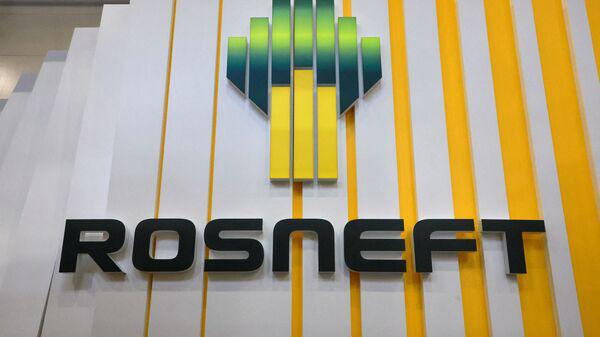Oil prices spiked nearly 5% on October 23, 2025, after the US imposed sweeping sanctions on Russian crude giants Rosneft and Lukoil. The move disrupted global supply chains, triggered market volatility, and raised inflationary concerns. Brent crude neared $66 per barrel, marking its sharpest single-day rise since June.
Energy Shockwaves: US Sanctions on Russian Oil Giants Trigger Global Price Spike
In a dramatic escalation of economic pressure on Russia, the United States imposed sanctions on two of its largest oil producers—Rosneft PJSC and Lukoil PJSC—on October 23, 2025, sending global oil prices soaring by nearly 5%. The sanctions, aimed at curbing Russia’s energy revenue amid its ongoing war in Ukraine, have rattled energy markets and raised concerns about inflation and supply disruptions.
Key Highlights of the Sanctions and Market Impact:
Sanctions Target Russia’s Crude Backbone
Rosneft and Lukoil together account for nearly half of Russia’s oil exports, making them critical to global supply.
The US Treasury cited their role in funding Kremlin military operations, prompting immediate blacklisting.
Price Surge Across Benchmarks
Brent crude futures jumped by 4.8% to $65.57 per barrel, while West Texas Intermediate (WTI) rose 5.2% to $61.51.
This marks the largest daily gain since the Israel-Iran conflict in June 2025.
Ripple Effects on Global Buyers
Major importers like India and China may need to reconfigure supply chains to avoid secondary sanctions and banking restrictions.
Analysts warn of short-term volatility and long-term pricing pressure if alternative sources aren’t secured.
Geopolitical and Economic Implications
The sanctions coincide with the EU’s 19th package of penalties, which includes a ban on Russian LNG imports.
The US signaled readiness for further action, urging Moscow to agree to a ceasefire.
Market Sentiment and Stockpile Trends
Oil futures had already begun rebounding from a five-month low, aided by shrinking US stockpiles and signs of oversold conditions.
Traders are now recalibrating positions amid fears of tightening global supply.
Inflation and Policy Concerns
Rising energy costs could fan inflation, complicating monetary policy decisions for central banks worldwide.
Economists predict higher fuel prices and consumer spending constraints in the near term.
The sanctions mark a turning point in the geopolitical energy landscape, with oil markets bracing for further turbulence as diplomatic tensions mount.
Sources: Firstpost, MSN News, The Hindu Business Line

